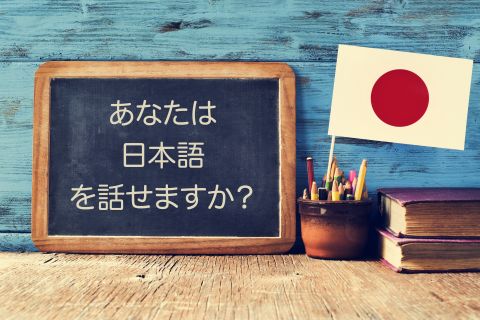The Japanese language has changed greatly over the centuries. One way that Japanese has changed is through the influence of different people and different ideas. The Japanese language is constantly changing, but this change is never complete. There are still many words in Japanese that were created in ancient times that are no longer used today.
Summary Table
| Beki | Hazu |
| The Hiragana for beki is べき | The Hiragana for hazu is はず |
| The word beki is used to indicate an assumption or opinion | The word hazu is used to indicate a condition or fact |
| Verb | Noun |

Japanese has its roots in ancient China, and its earliest written records can be traced back to the fifth century AD. During this time, the Chinese characters were still used for writing the language, although a more phonetic writing system was being developed at the same time by a scholar named Kiyohara Shigenobu (ninth century). However, it was not until 1724 that Japanese adopted Chinese characters as its written form of language. Until then, Japanese was primarily spoken and it was only during this period that kanji (Chinese characters) were adopted as an important part of written Japanese.
In Japanese, there are words with similar meaning but very different pronunciations. For example, the word for “beki” means “supposed to” in Japanese, but the word for “hazu” means “should” in Japanese. Because of this, the kanji used to write these words are similar in meaning but different in pronunciation and different writing.
What is Beki?
Beki means “supposed to” in Japanese. Beki can be used to talk about things that should happen or things that should be done. For example, we use beki to say “I am supposed to study” or “I am supposed to be studying.”
What is Hazu?
Hazu means “should” in Japanese. It is used to talk about things that are considered proper, or required. It is used in situations where a person would say “it is expected” or “I should do it.” Hazu is also used in situations where a person would say “it is necessary”.
The Similarities Between Beki and Hazu
In the context of the Japanese language, these two words have many similarities. For example, the words “beki” and “hazu” both mean to have something that is supposed to happen, but the words differ in usage. For example, the word “beki” is used when the subject of the sentence is an action or a condition that has not yet happened. The word “hazu” is used when the subject of the sentence is something that has already happened.
Beki VS Hazu
Although they have similar meanings, the two words for “supposed to” and “should” are different. The differences are as follows:
The Hiragana
The Hiragana for beki is べき, while the Hiragana for hazu is はず.
The context
The word beki is used to indicate an assumption or opinion, or as a phrase to express one’s opinion. The word hazu is used to indicate a condition or fact.
The parts of speech
The word beki is a verb particle, indicating that something is supposed to be done. The word hazu is used as a noun or adjective, indicating what something is supposed to be.





